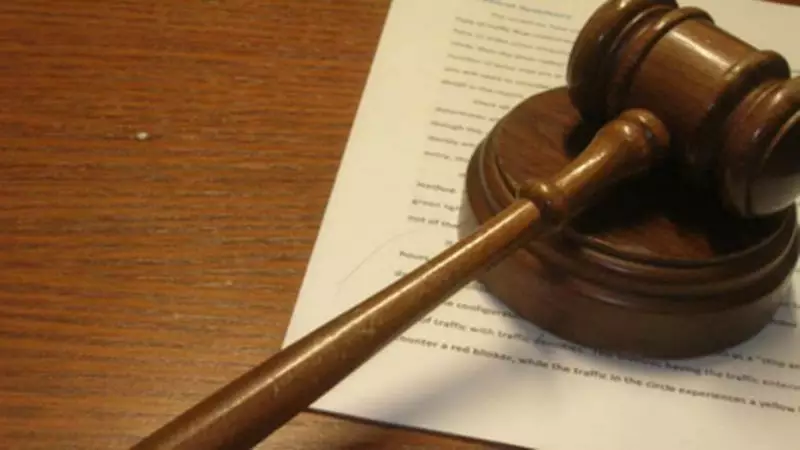
A Delhi court has made a significant ruling in the ongoing Red Fort blast investigation, granting one of the prime accused permission to consult with his legal counsel at the National Investigation Agency headquarters.
Court Grants Legal Meeting Permission
On Saturday, the Delhi court approved Jasir Bilal Wani's request to meet his lawyer at the NIA headquarters where he is currently held in custody. Wani stands accused as a key conspirator in the devastating Red Fort explosion that occurred on November 10, 2025, which resulted in the tragic loss of 13 lives.
The accused, identified as a resident of Jammu and Kashmir, is alleged to have provided crucial technical support for carrying out terror attacks. According to investigative agencies, Wani's responsibilities included modifying drones and attempting to develop rockets in preparation for the bomb blast that shook the national capital.
Legal Proceedings and Custody Details
This court decision comes after the Delhi High Court had previously refused to entertain Wani's plea on Friday. The higher court had directed him to approach the trial court instead, noting that Wani had failed to demonstrate any rejection of his prayer by the trial court.
Earlier this week, Principal District and Sessions Judge Anju Bajaj Chandna of Patiala House Court had remanded Wani to NIA custody for a period of ten days. The investigation agency has been actively pursuing all leads in this high-profile case.
Investigation Progress and Key Connections
Wani is described by investigators as an alleged close aide and co-conspirator of Umar Nabi, the individual who drove the i20 car that exploded near the historic Red Fort monument. The blast site, located in the heart of Delhi, has remained a focal point of the investigation since the incident occurred.
The NIA's investigation has yielded substantial progress with a total of six arrests made in connection with the case so far. Each development in the investigation is being closely monitored given the serious nature of the charges and the national security implications involved.
Legal experts suggest that the court's decision to allow Wani to meet his lawyer at NIA headquarters represents a balance between the accused's fundamental rights and the security requirements of an ongoing terrorism investigation. The arrangement ensures that legal consultations can occur while maintaining the integrity of the investigative process.





